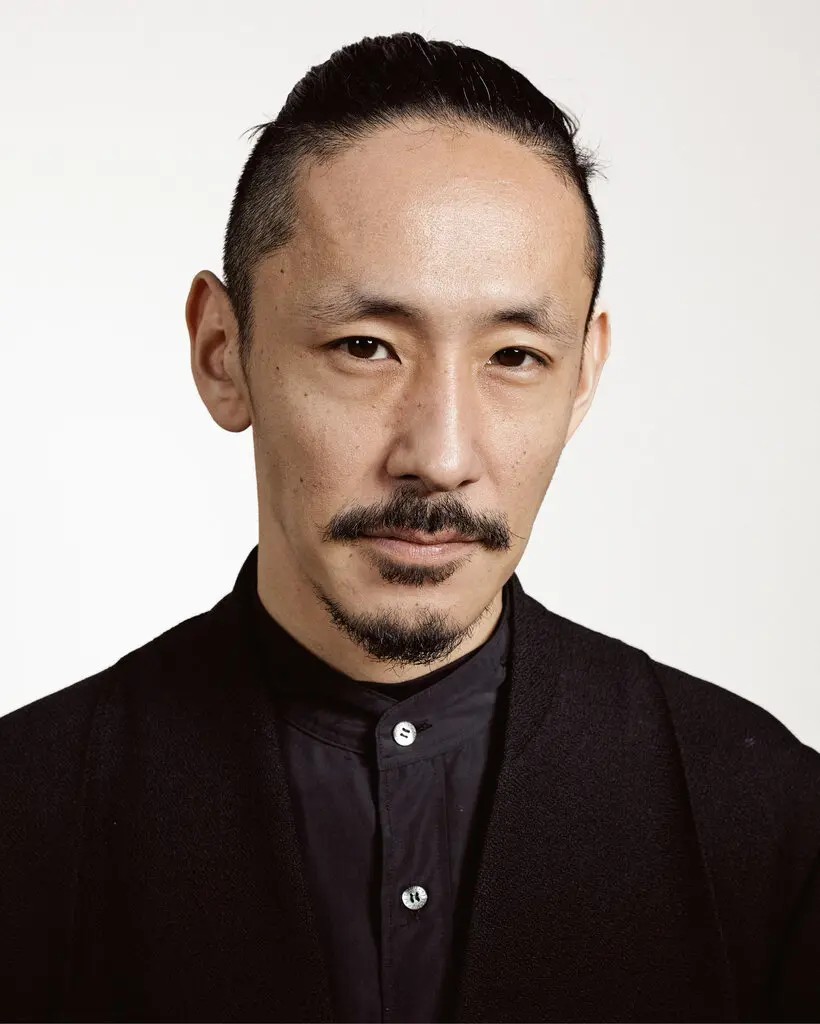Satoshi Kuwata, the Japanese designer and founder of Setchu, a brand that bridges East and West, craft and transformation, has won the 2023 LVMH Prize for Young Designers, the largest and most prestigious such award in the fashion industry.
He will receive 400,000 euros (about $429,000) and a year of mentoring from an LVMH executive.
The Karl Lagerfeld special jury award was given to Julie Pelipas, the founder of Bettter, a Ukrainian women’s wear brand built on repurposing dead stock, and Luca Magliano of Magliano, an Italian men’s wear brand. Both will receive 200,000 euros and a yearlong mentorship.
Why It Matters: Bridge-building takes center stage
The LVMH prize is a bellwether for larger trends within the fashion industry, especially among young designers responding to the political and social concerns of their generation. In the past, gender fluidity was a common theme, as was sustainability.
The choice of Mr. Kuwata acknowledges the importance of a give-and-take between different cultures, such as Savile Row and Japan, as well as the multipurpose functionality of the Setchu garments, said Delphine Arnault, the Dior chief executive and eldest child of the LVMH founder Bernard Arnault, who conceived the prize. A ribbed pullover, for example, could be unbuttoned to become both a gilet and a cardigan; another jacket folded into a tiny packable square, like origami.
The winner was chosen by eight of LVMH’s star designers, including Maria Grazia Chiuri, the Dior designer, and Jonathan Anderson, of Loewe, as well as three senior LVMH executives.
“It’s beautiful to feel seen,” Mr. Magliano said of his Karl Lagerfeld award, comparing winning to “a coronation.”
Mr. Kuwata said meeting the designer jury was like meeting the pantheon of “Greek gods.”
Background: LVMH is a prince maker
LVMH is the world’s largest luxury conglomerate, with more than 75 brands, including Dior, Louis Vuitton and Celine. The prize was established in 2014 to expand the understanding of where fashion originates and to support new talent at a time when establishing an independent business is increasingly hard. Any designer under 40 who has produced at least two ready-to-wear collections can apply. This year 2,400 designers applied from around the world, and there were nine finalists.
So far the LVMH jury has a fairly good track record with identifying talent. Past winners have included Nensi Dojaka, the Albanian designer whose deconstructed lingerie aesthetic captured the post-pandemic trend toward naked dressing; Simon Porte Jacquemus, whose brand, Jacquemus, has become the avatar of modern Côte d’Azur dressing; and Grace Wales Bonner, the British designer whose work mines her Jamaican heritage and who is often considered a candidate for creative director positions at major brands.
Mr. Kuwata, 39, who is based in Milan, graduated from Central Saint Martins in London and worked at Givenchy, Gareth Pugh and Edun before founding his own line in 2020.
What’s Next: Expand the business
Each of the winning designers already has a plan for their windfall.
Ms. Pelipas said she would use her money to create software that would allow her brand and others to industrialize dead-stock production at scale. Mr. Magliano said he would use his money to enlarge his design team.
Mr. Kuwata said he would first use his prize to find office space. Then, he said, he wanted to expand into accessories and create his own e-commerce business.
The goal, he said, “is to be a heritage company — to be like one of the maisons” of LVMH.
Source: NY Times




























